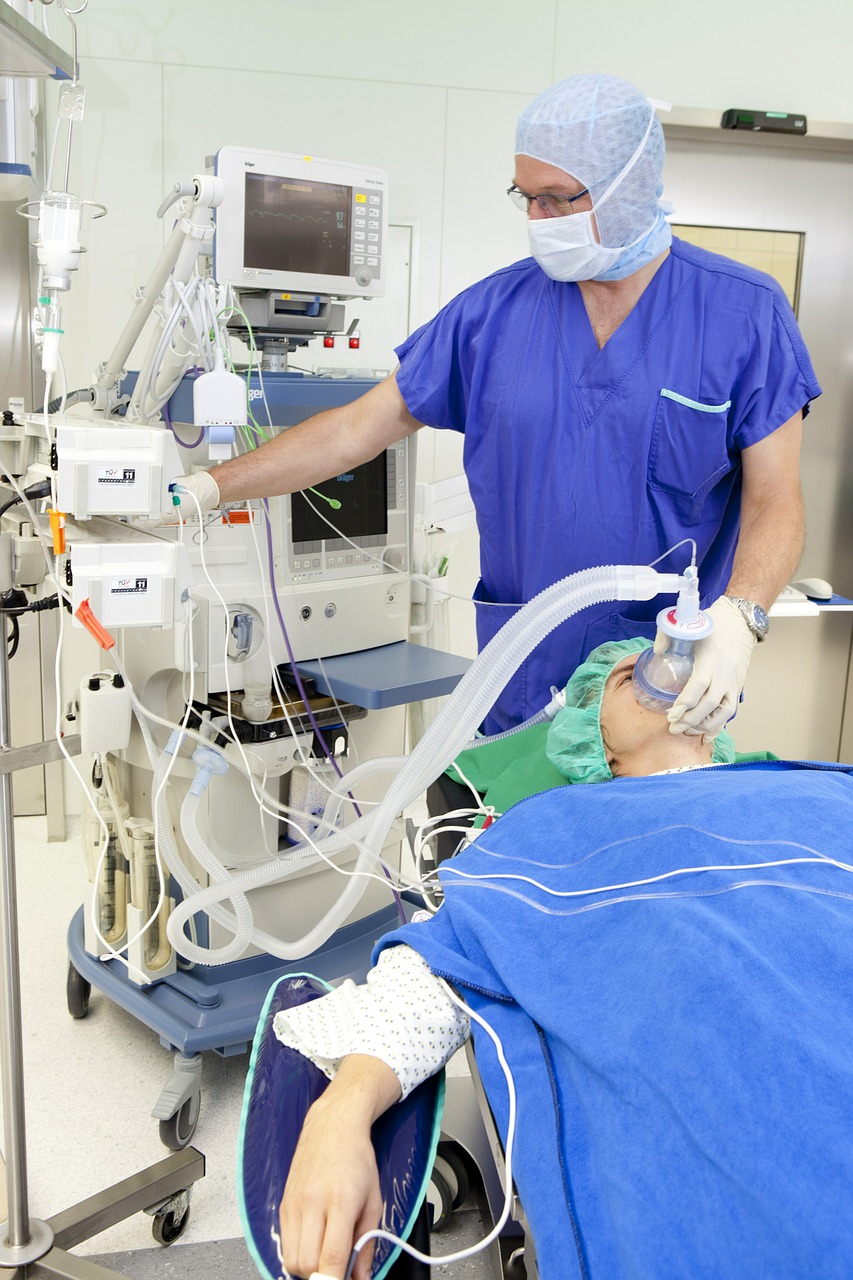What is Small Bowel Resection?
A small bowel resection is a surgery to remove a damaged section of your small intestines if you have intestinal blockages or other bowel diseases. Depending on the disease process, this can be performed in a traditional open fashion or laparoscopic-ally.
Why do I need a Small Bowel Surgery?
A variety of conditions can damage your small bowel. In severe cases, your doctor may recommend removing part of your small bowel. Conditions that might require surgery include:
- Bleeding, infection, or severe ulcers in the small intestine
- Blockage in the intestines, either congenital (present at birth) or from scar tissue
- Noncancerous tumors
- Precancerous polyps
- Cancer
- Injuries to the small intestine
- Meckel’s diverticulum (a pouch of intestine present at birth)
How is Small Bowel Resection performed?
This surgery requires general anesthesia. During surgery you should be unconscious and pain-free. The procedure may take between one to eight hours, depending on the reason for the surgery. Two main types of small bowel resection: open surgery or laparoscopic surgery.
Open Surgery
Open surgery requires the abdomen to be incised by a surgeon. The position and duration of the incision depends on a variety of factors such as your problem's specific location, and your body shape.
Laparoscopic Surgery
Three to five much smaller incisions are used in laparoscopic or robotic surgery. To inflate your abdomen, your surgeon first pumps gas. This makes the visibility easier. They then use miniature lights, cameras, and small tools to locate, clamp off, and remove the diseased area. In this type of surgery sometimes a robot assists. Such type of surgery is required through a experienced laparoscopic surgeon.
What is a Colectomy?
The colon (large intestine) is the last portion of your digestive tract. This part of the bowel works to soak up water and store food waste. The lining is made up of millions of cells. The colon in an adult is about 4 – 6 feet long. The rectum is the last 6 inches of the colon. A colectomy is surgery to remove all or part of your colon.
Why Would I need Surgery?
This is done to remove the disease causing your symptoms, such as:
- Cancer
- Polyps
- Irritable bowel disease
- Bleeding
- Blockage
- Diverticulitis
- Volvulus
- Rectal prolapsed
For most people, this will cure the problem or at least greatly reduce their symptoms
Symptoms of Colorectal Disease
Symptoms of colorectal diseases include:
- Bleeding from the rectum
- Abdominal pain
- Change in bowel habits (new diarrhea, constipation, stool size, etc.),
- Weight loss,
- Anemia,
- Cramping
- Vomiting
- Fever among many others.
Can Colectomy Be Performed laparoscopically?
Yes! Laparoscopic surgery involves using multiple ports placed through 3 to 5 small incisions. These incisions are usually 0.5 cm. Carbon dioxide gas is then used to slowly inflate the abdomen. A thin scope is placed through one of the ports. This allows the surgical team to view the inside of the abdomen on a TV monitor. Specialized instruments are placed through the other ports to perform the operation. For colon surgery, one of the incisions is enlarged to remove the piece of colon. The procedure is performed under general anesthesia.

